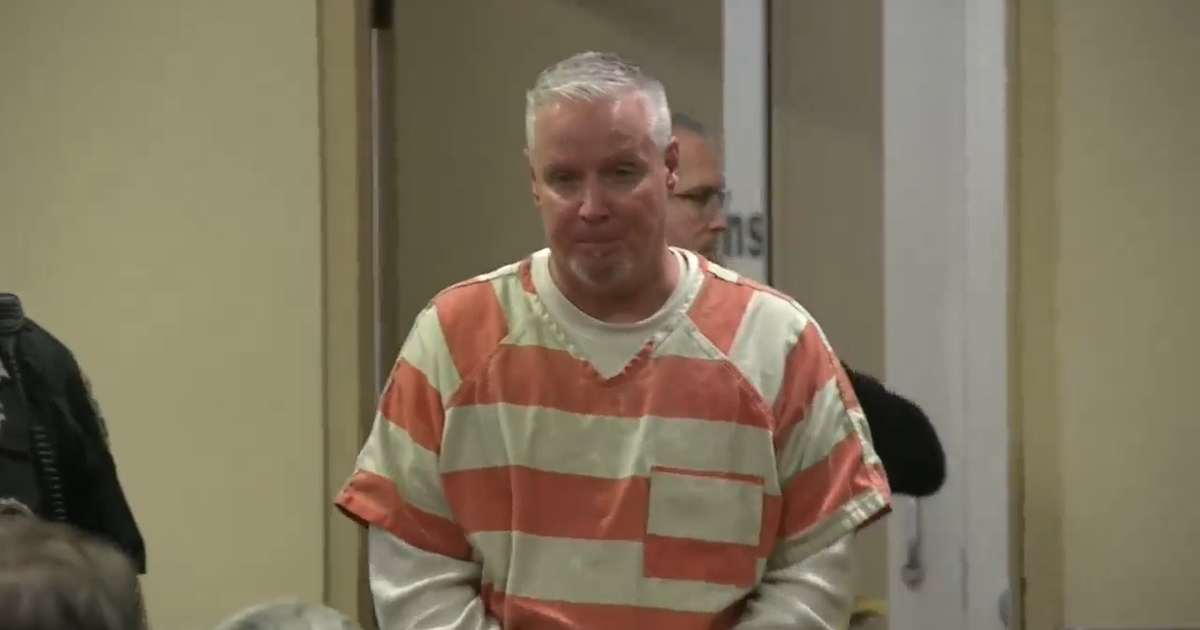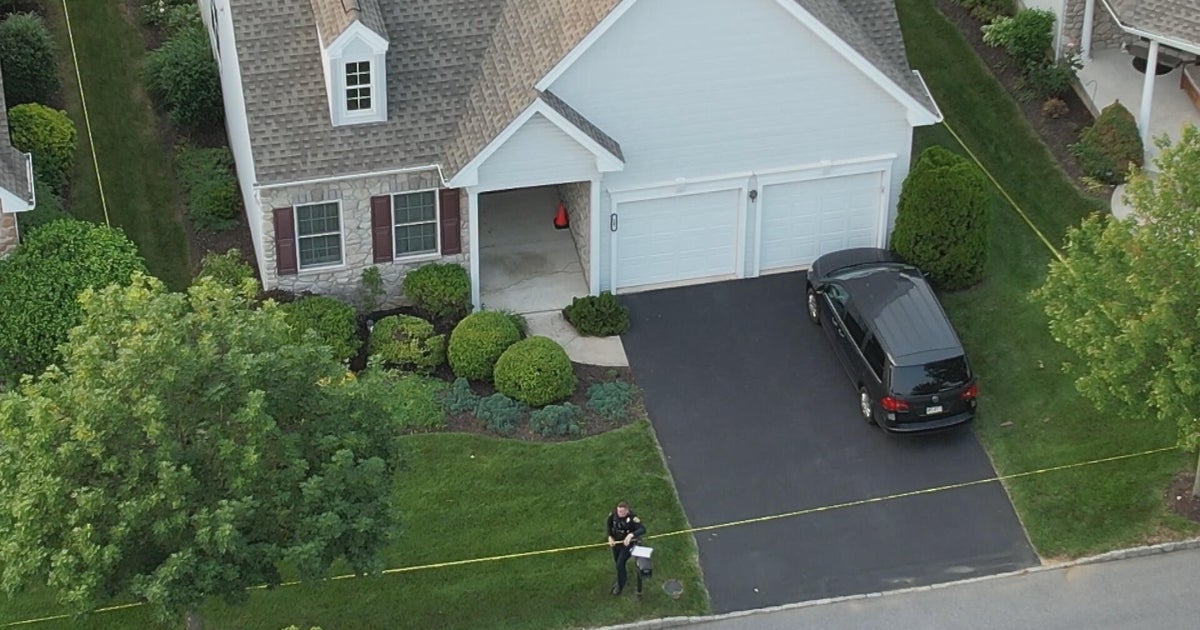Judge Rules Jury Can Consider Castle Doctrine In Amber Guyger Murder Trial
UPDATE: At 5:00 p.m. Monday, the jury retired for the evening. They will reconvene Tuesday at 8:30 a.m.
DALLAS (CBSDFW.COM) - A number of developments Monday as both the prosecution and defense in the Amber Guyger trial gave closing arguments.
Guyger, 31, killed her upstairs neighbor Botham Jean the night of Sept. 6, 2018, in his southside apartment. When she took the stand Friday, Guyger told jurors through tears how she mistook the 26-year-old accountant's apartment for her own and believed Jean to be a burglar.
After abbreviated testimony on Saturday, defense attorneys rested their case first thing Monday morning. During a session, outside of the presence of the jury, defense attorneys and prosecutors argued over the language of the instructions the judge with provide to jurors. It was during this session that Judge Tammy Kemp ruled the jury can consider the Castle Doctrine during deliberations.
The Castle Doctrine, similar to the Stand Your Ground Law, allows a person to use "or using force (even deadly force) in the protection of a home, vehicle, or other property if someone attempts to forcibly enter or remove an individual from the premises.
The Judge also ruled that jurors may consider manslaughter when sentencing Guyger.
Assistant District Attorney Jason Fine said in closing arguments Monday that Guyger was "an intruder" in Botham Jean's home.
"She did not think that night. When they talk about 'deadly force' ...she had to use deadly force? Bo was about to eat some ice cream. Was Bo a threat? No. He was not a threat," said Fine.
Fine reminded the jury of all the decisions (or mistakes) he believes Guyger made that fateful night.
"This case is about accountability for unreasonable decisions. You 16 are the voice of the community. This cannot be allowed. It cannot be acceptable. Not here in Dallas, not here in Texas -- not anywhere."
Guyger's attorney Toby Shook urged jurors not to base their decision on emotion.
"You can't say 'I feel so horrible [edit: for Botham Jean], I am going to make something happen.' You can't use emotion when making your decision."
Lead investigator on the case, Texas Ranger David Armstrong echoed Shook's sentiment in testimony last week. He was sympathetic to Guyger, mentioning how a person can suffer tunnel vision, short-term memory loss and an elevated heart rate in such a stressful situation.
Like Armstrong, Shook reminded jurors of the evidence and circumstances of the night Guyger killed Jean. Shook brought up deleted texts between her partner, "misconceptions and mistakes," -- all proving, according to him that the prosecution didn't prove beyond reasonable doubt that Guyger intentionally killed Jean.
"She didn't have blood on her after doing CPR. None of the other officers did either," he said. "You can hate her. You can be angry with her. But you can't convict her."
Assistant District Attorney Jason Hermus addressed Guyger's decision to use deadly force in his closing argument.
"We've long suspected she made that decision in the hallway. The trial confirmed that. She was in a position of safety - behind a steel door -- outside the door. She knew there was someone inside. She assumed it was an intruder. And she decided that she was going to engage him. That means she had options; deadly force wasn't necessary."
Hermus reminded jurors that Guyger could see Jean after opening his door.
"She has a whole belt of tools. She chooses the gun; the most lethal," he said. "She shot him dead in the heart. That is not a mistake shot. That's a well-aimed shot,"
Additionally, Judge Kemp ruled that jurors may consider manslaughter when sentencing Guyger.
Fine left jurors with an impassioned plea to only consider murder as a just sentence.
"I believe you will deliver the right verdict. This defendant murdered an innocent young man in his home."







